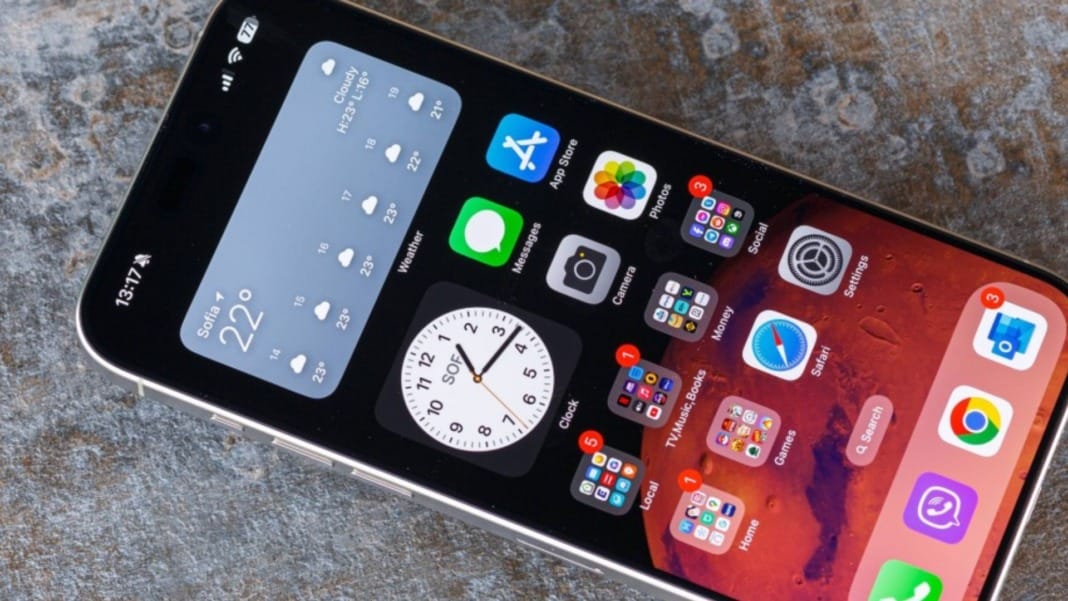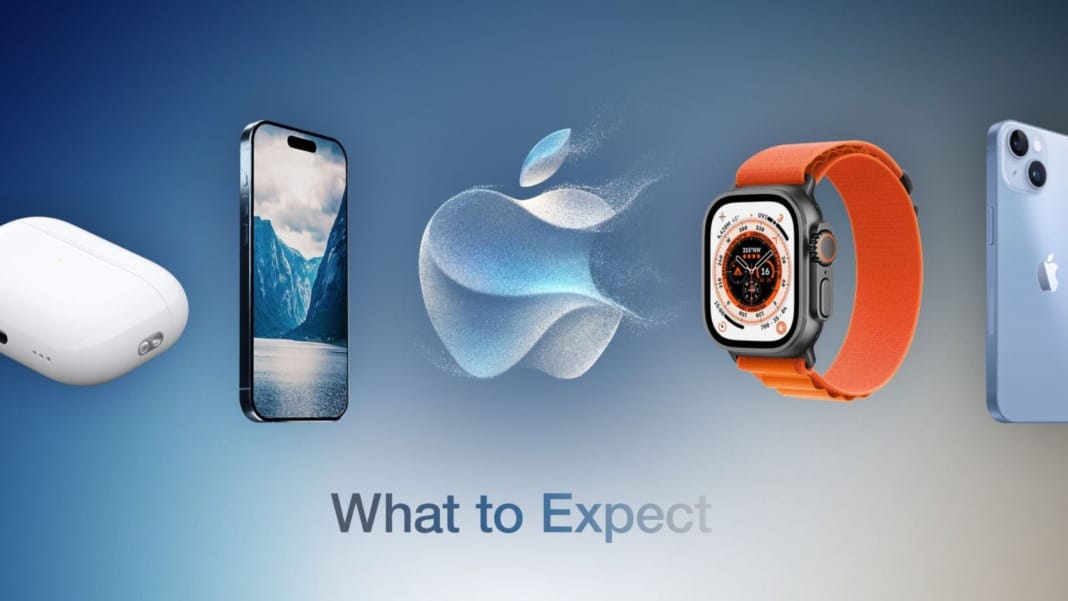In an upcoming update, Apple will give iPhone and iPad users in the European Union (EU) more control over their devices by allowing them to choose their default apps for essential functions like phone calls, messaging, keyboards, and password managers. This new feature will be available later this year under a new “Default Apps” section in Settings, as revealed in an update on Thursday.
More control over your iPhone
The changes don’t stop there. Starting next spring, you’ll also be able to set default apps for navigation, translation, and call spam filtering. This gives you more flexibility in tailoring your device to your personal preferences. Alongside these new options, Apple will introduce the ability to delete certain pre-installed apps, such as the App Store, Messages, Camera, Photos, and Safari. However, the Settings and Phone apps will remain untouchable and cannot be deleted.
This move is part of a broader effort by Apple to comply with EU regulations that aim to promote competition and give consumers more choices. The changes will be rolled out gradually, with the initial phase focussing on apps for communication and security.
Improvements to browser choices
Additionally, Apple is making minor but significant adjustments to the browser selection process on iPhones in the EU. When you first open Safari on your iPhone, a browser choice screen appears, allowing you to install alternate browsers like Firefox, Chrome, or DuckDuckGo. The upcoming update will enhance this process.
After the update, if you have Safari as your default browser, you must scroll through the entire list of available browsers before selecting one. This ensures that you are fully aware of all the options available. Furthermore, the App Store description for each browser will be prominently displayed on this choice screen, helping you make an informed decision. In another nod to transparency, developers of these browsers will gain access to more data regarding the performance of this choice screen, potentially leading to further improvements in how browsers are presented and selected.
A step towards a more open ecosystem
Apple has already made strides in offering more flexibility to EU users. You can change your default browser and email app, and Apple has even started allowing third-party app marketplaces on the iPhone. The most notable recent development is the opening of the Epic Games Store on the platform, which marks a significant shift towards a more open ecosystem for iPhone users in the EU.
These updates reflect a broader trend in the tech industry, where companies are increasingly pressured to provide more options and transparency to users, especially in regions with strict regulatory environments like the EU. For iPhone users, these changes mean greater freedom to customise their devices to suit their needs better, aligning Apple’s policies more closely with those of its competitors.
As these changes roll out, it will be interesting to see how they impact the user experience and whether similar updates will be extended to other regions outside the EU.





